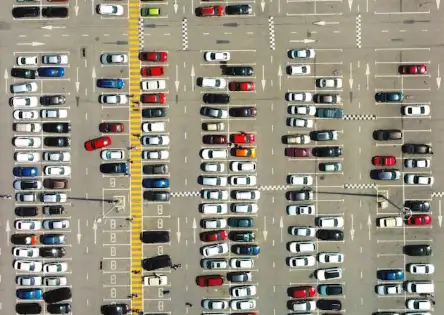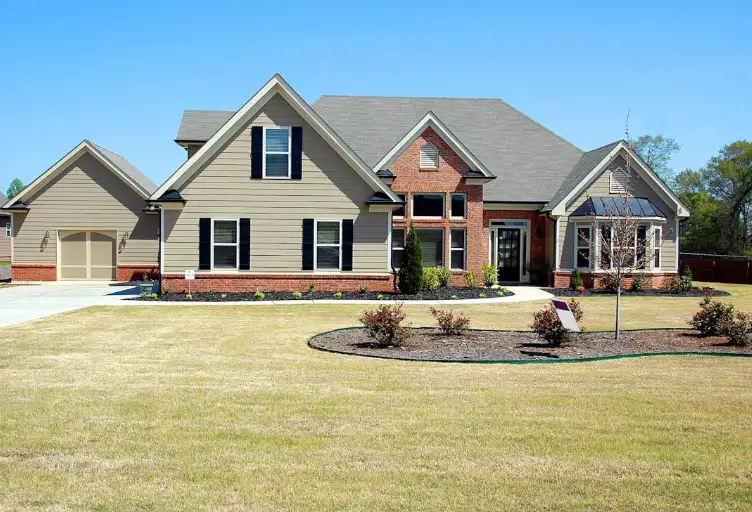Why Zoning Reform Feels So Hard
If you've ever tried to change a zoning code, you know the feeling: frustration, resistance, confusion… maybe even a rogue Facebook group calling you a “developer plant.” Zoning reform can feel like trying to move a mountain with a teaspoon. So why do planners, advocates, and everyday residents keep pushing for it?
Let’s break it down.
1. Why Zoning Codes Are So Hard to Change
Zoning codes weren’t built to be easy. Many are hundreds of pages long, loaded with technical jargon, cross-references, and legacy provisions from decades ago. They’ve evolved piecemeal over time, reacting to political shifts, lawsuits, and local quirks. This makes changing them feel like trying to rewire an old house while the lights are still on.
2. Why People Push Back Against Zoning Reform
Zoning is deeply personal. It shapes neighborhoods, homes, schools, traffic patterns—everything. So when someone proposes a change, even a small one, it can feel like a threat to the familiar. People worry about parking, property values, and “neighborhood character,” and those fears often show up loud and early at public meetings.
3. Zoning Reform Takes Time But Resistance Is Immediate
Zoning reform tends to play the long game. Allowing more housing, for example, won’t change prices overnight—but it might prevent displacement over the next decade. Unfortunately, that’s a hard sell compared to a neighbor who’s mad about a fourplex proposal right now.
4. Politics, Power, and the Battle Over Land Use
Reforming zoning means shifting how land can be used—and that often shifts who benefits. Developers, homeowners, renters, business owners, and activists all bring competing interests. Elected officials feel that pressure. Even well-intentioned policies can get watered down in the process.
So... why bother?
Because the status quo isn’t working.
Because exclusionary zoning still reinforces patterns of segregation and inequality.
Because climate change, housing affordability, and infrastructure demands won’t solve themselves.
Because reforming zoning—while hard—is one of the most powerful levers we have to create more equitable, sustainable, and livable cities.
Why Zoning Reform Is Still Worth Fighting For
Yes, zoning reform is hard. It’s technical. It’s emotional. It’s slow.
But it’s worth it.
Because every time we shift the code to allow more diverse housing, more walkable communities, or more inclusive design—we chip away at systems that have long left people out.
And that's not just policy work. That’s justice work.
%20(1200%20x%20237%20px)%20(300%20x%2059%20px).webp)
.webp)




